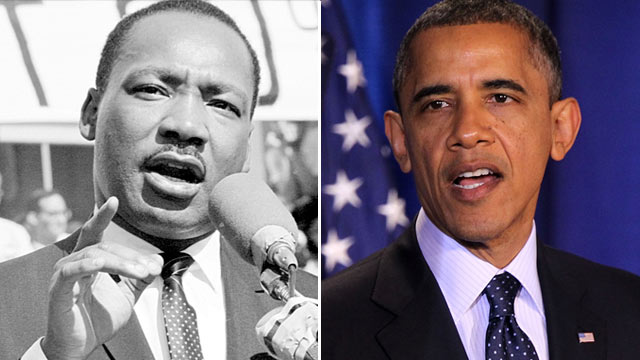I visited the hometown of Dr. Martin Luther King, Jr recently in Atlanta, GA. I stopped by the church he pastored, the museum that honors his work and his grave site. As I walked down “civil rights memory lane,” I could not help but think about how many of the problems that Dr. King tried to address are still with us:
• Confederate flag.
• Racial profiling.
• Segregated schools, religious institutions and neighborhoods.
• Hate crimes.
• Voter suppression.
• Poverty.
• Shrinking middle class.
• Endless wars.
• Unequal pay.
• Domestic terrorism.
Fighting racism and bias in the 60s was difficult but the target was visible and easy to locate in King’s day. Racism in 2015 is a bit different. It is subtle and hides in the shadows of unconscious bias and is structurally embedded in our institutions and everyday lives.
Racism and bias seem enduring; passed down from King’s generation of struggle with Jim Crow to the Obama era of new and improved racism.
Two recent studies seem to confirm this dangerous trend of racism then, racism now and racism forever. Sean McElwee, a research associate at Demos, a progressive research and policy center, studied the impact of racism across the generational spectrum. Spencer Piston, a professor at the Campbell Institute at Syracuse University, looked at how young White Millennials ranked the intelligence and work ethic of Blacks. Their findings were consistent. McElwee found that racism is passed down from generation to generation and Piston confirmed the role of the newest adult generation of Millennials as major drivers of this trend.
Both the McElwee and Piston studies confirmed that young Whites are not much different than their parents when it comes to viewing Blacks as unintelligent, unmotivated and people they would not admire.
Their data also showed that most young Americans both White and Black are racial conservatives. They have adopted the position of Chief Justice John Roberts on race- “The way to stop discrimination on the basis of race is to stop discriminating on the basis of race.” In other words the new racial narrative is to deny racism exists through the lens of colorblindness.
In about a month, we will celebrate the legacy of Dr. Martin Luther King, Jr through a national holiday. Not only will some Americans enjoy this commemoration as a day off, they will celebrate it in a way that demonstrates King’s work is done. They will forget his words in the last book he wrote prior to this death: “Change does not roll in on the wheels of inevitability, but comes through endless struggle.”
The promised land that King saw in his dream is in sight. The race is not finished. We need some fresh legs to complete the last few miles. The question is, will Millennials take us across the finish line?


Leave a Reply
You must be logged in to post a comment.